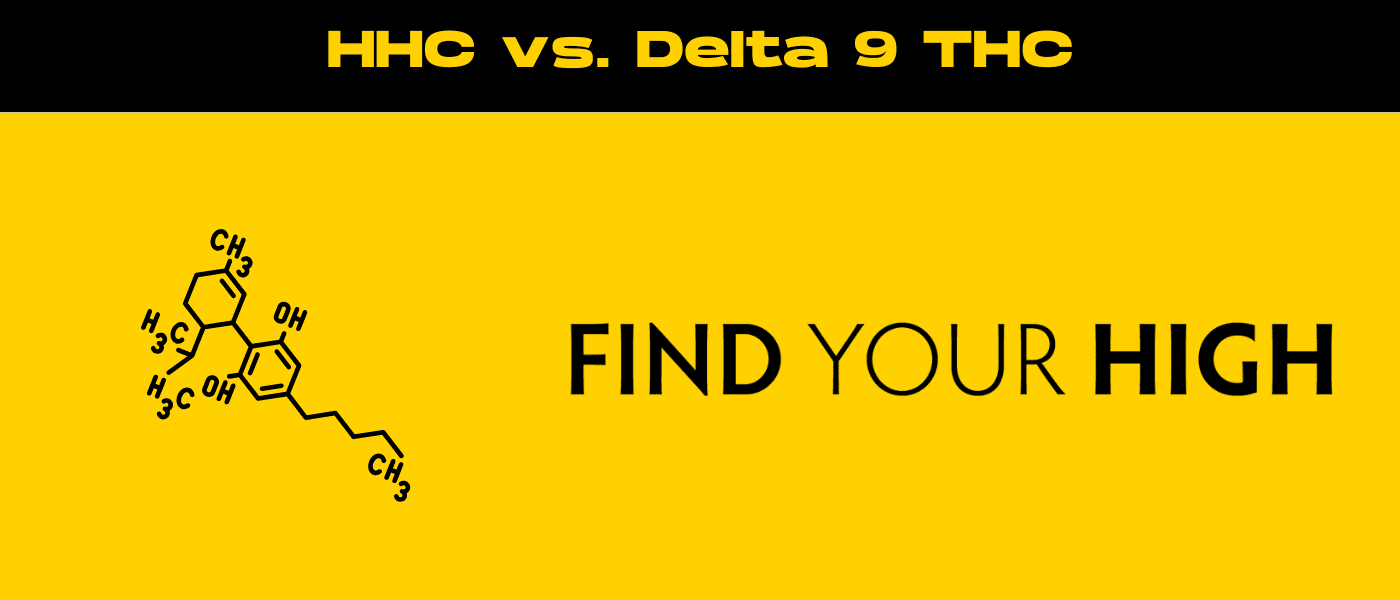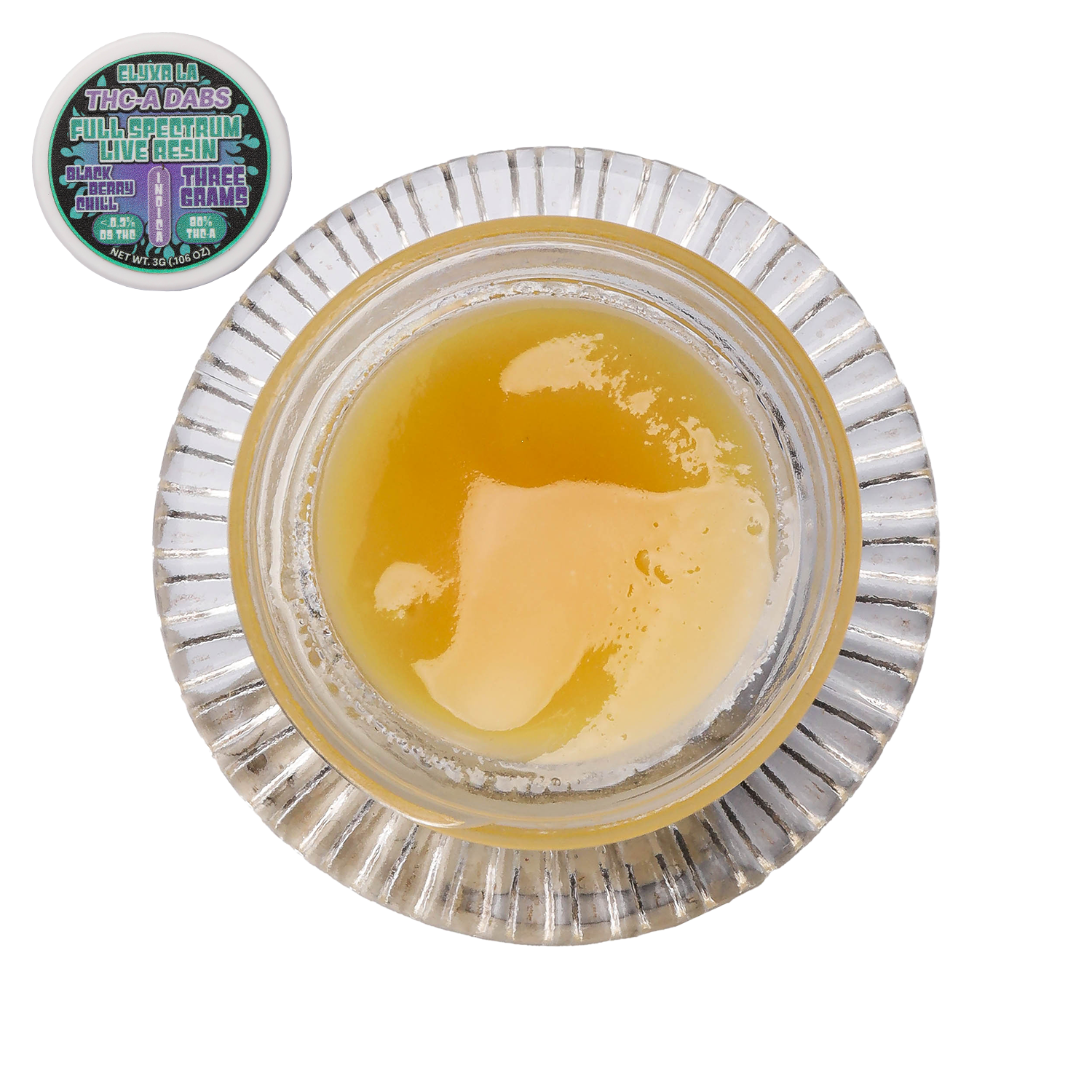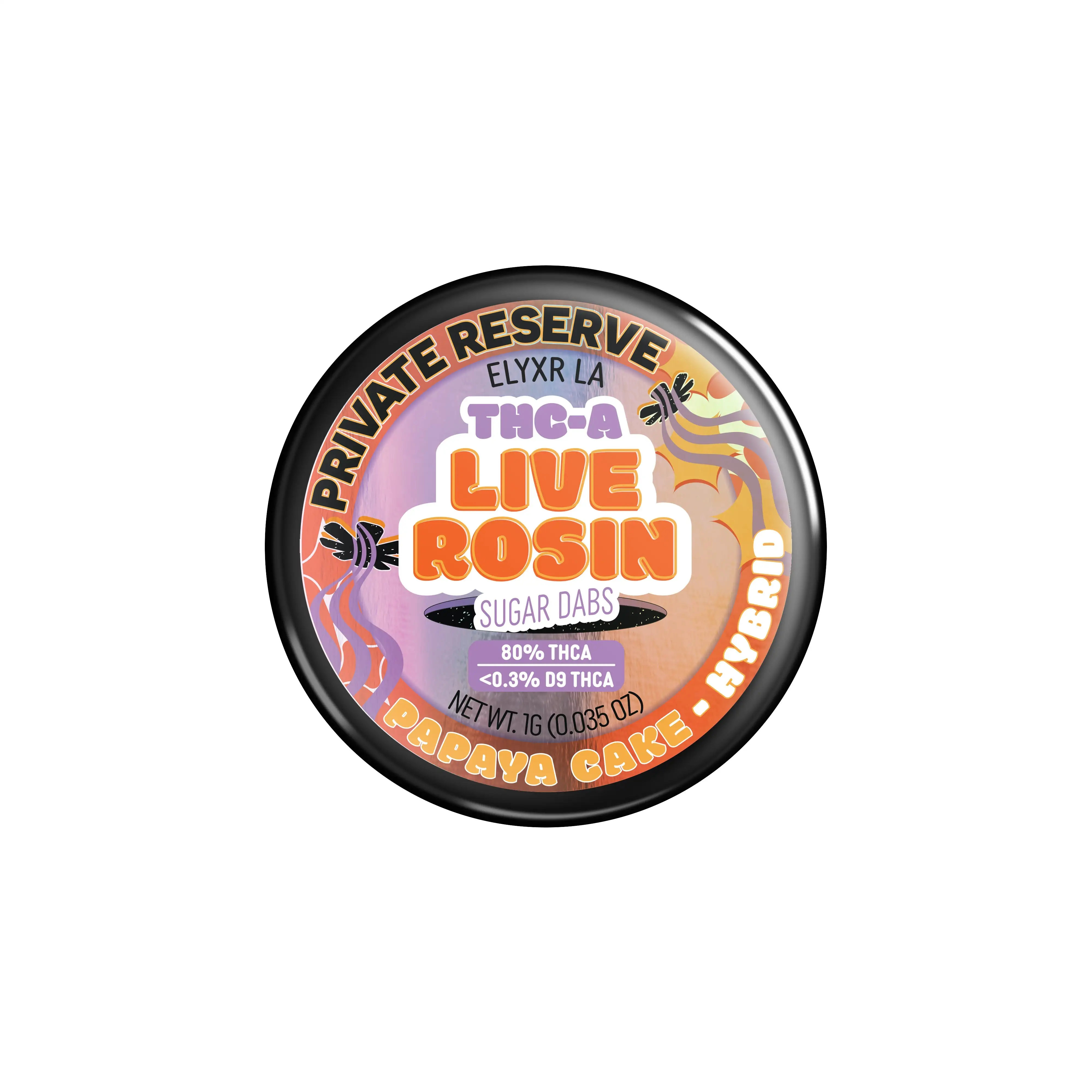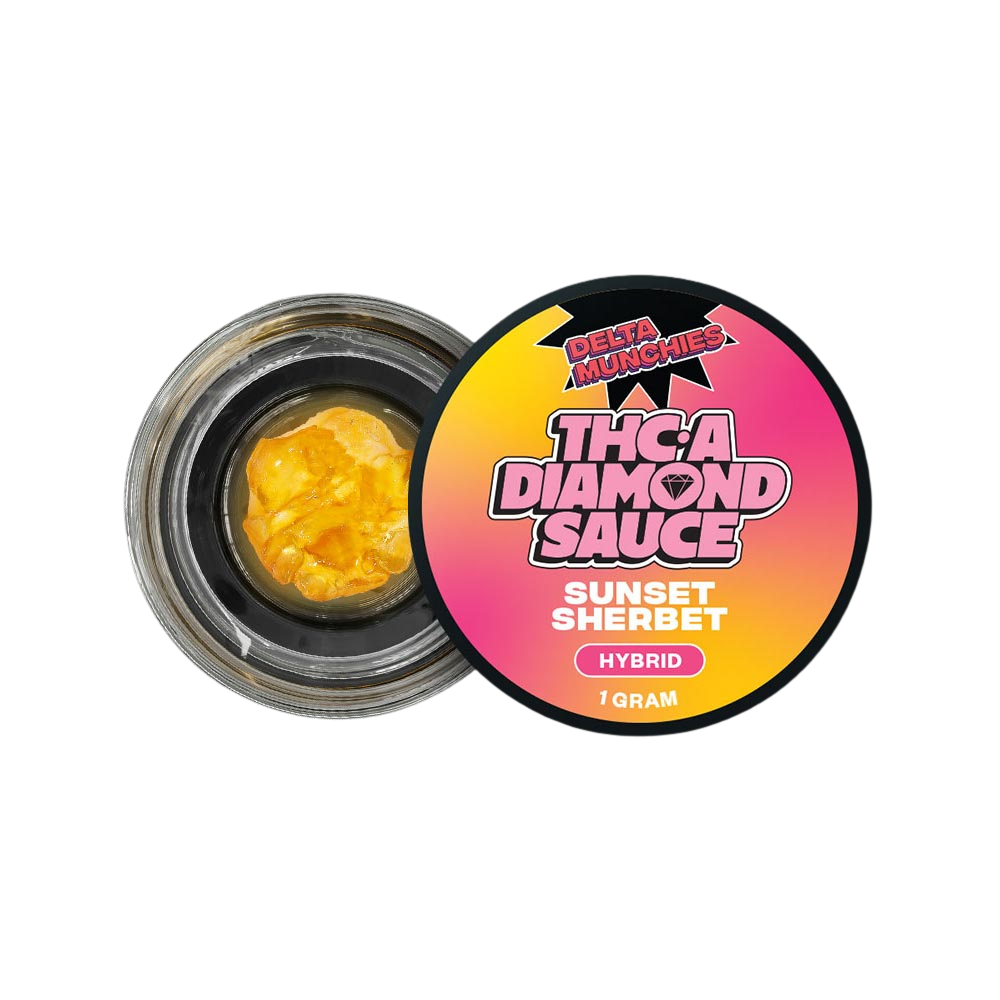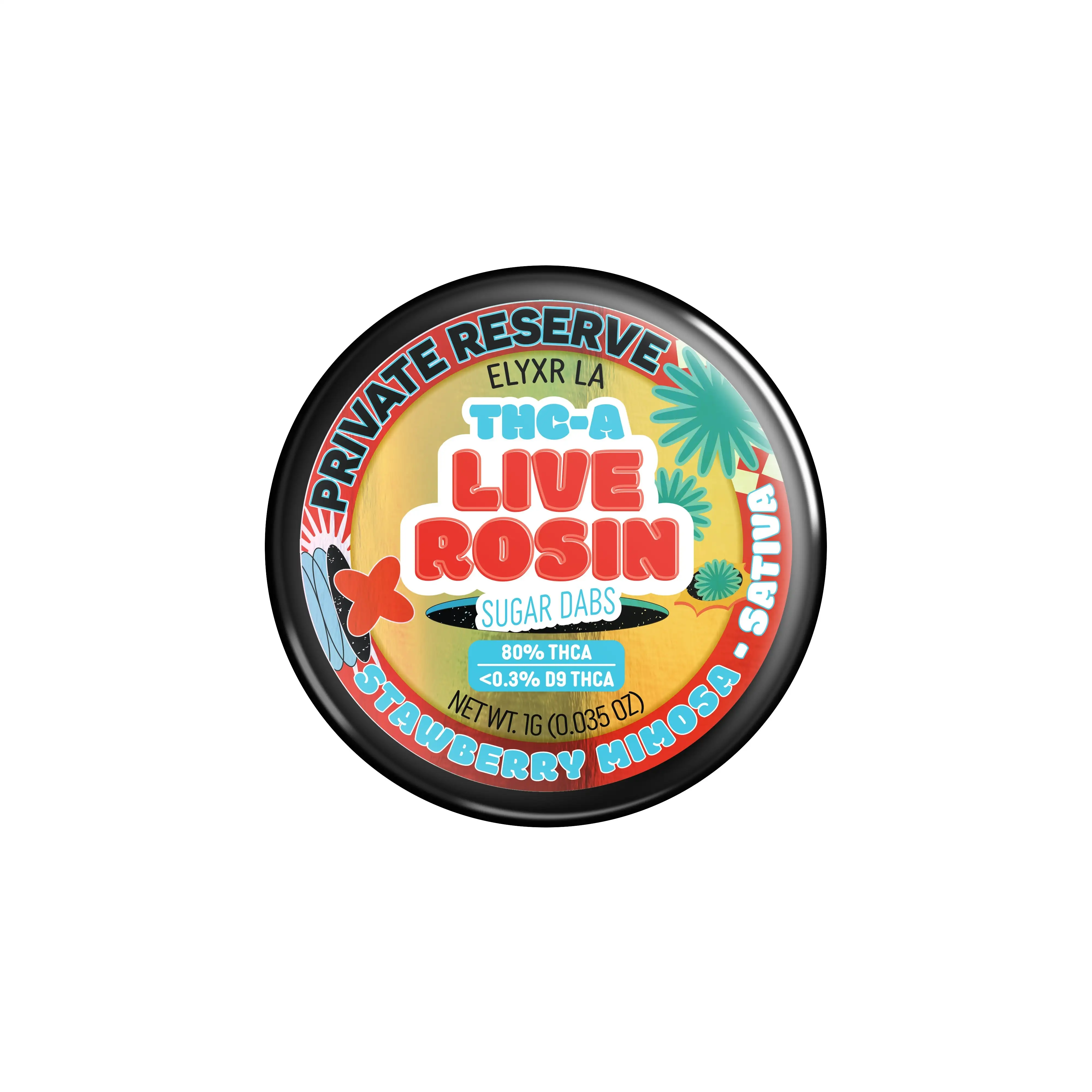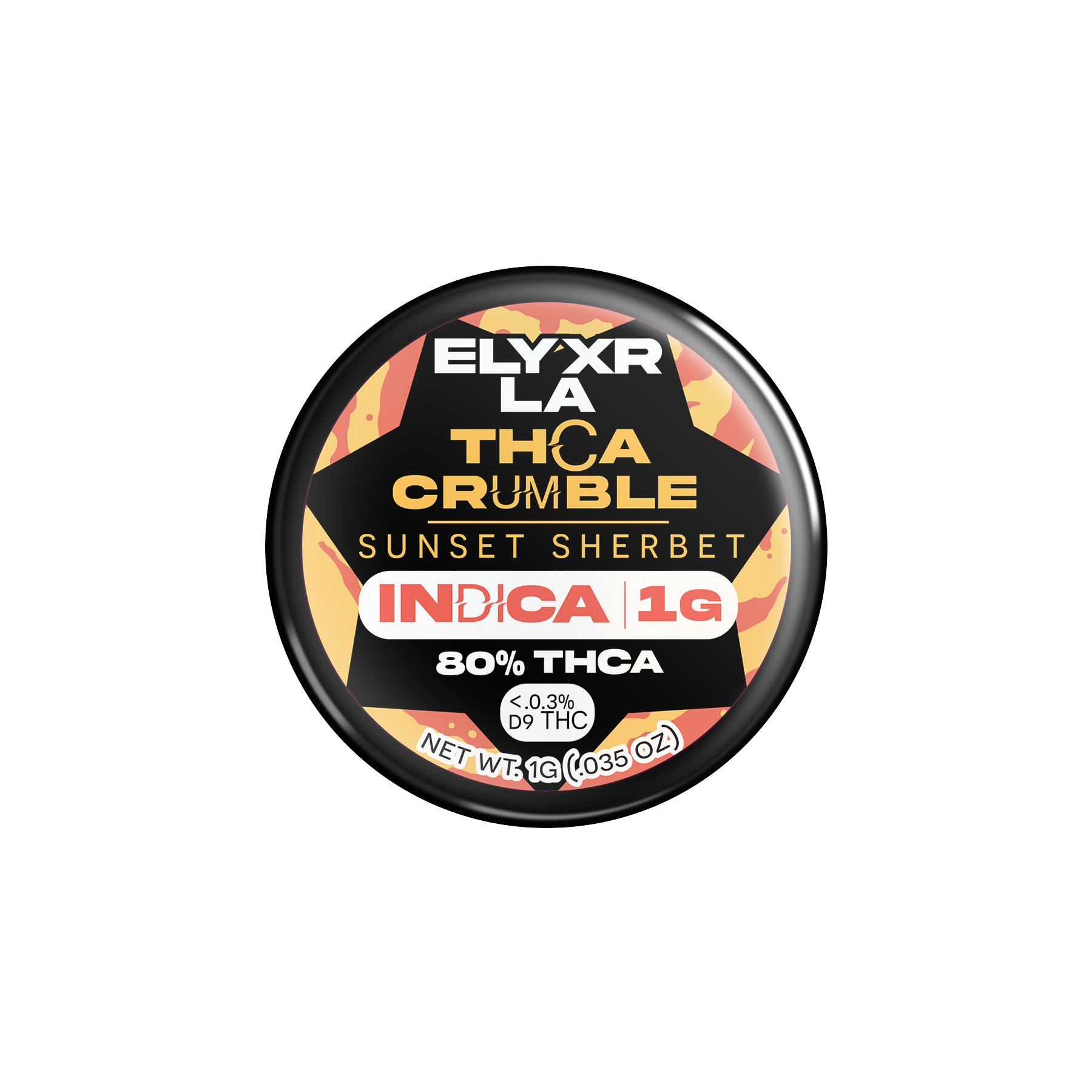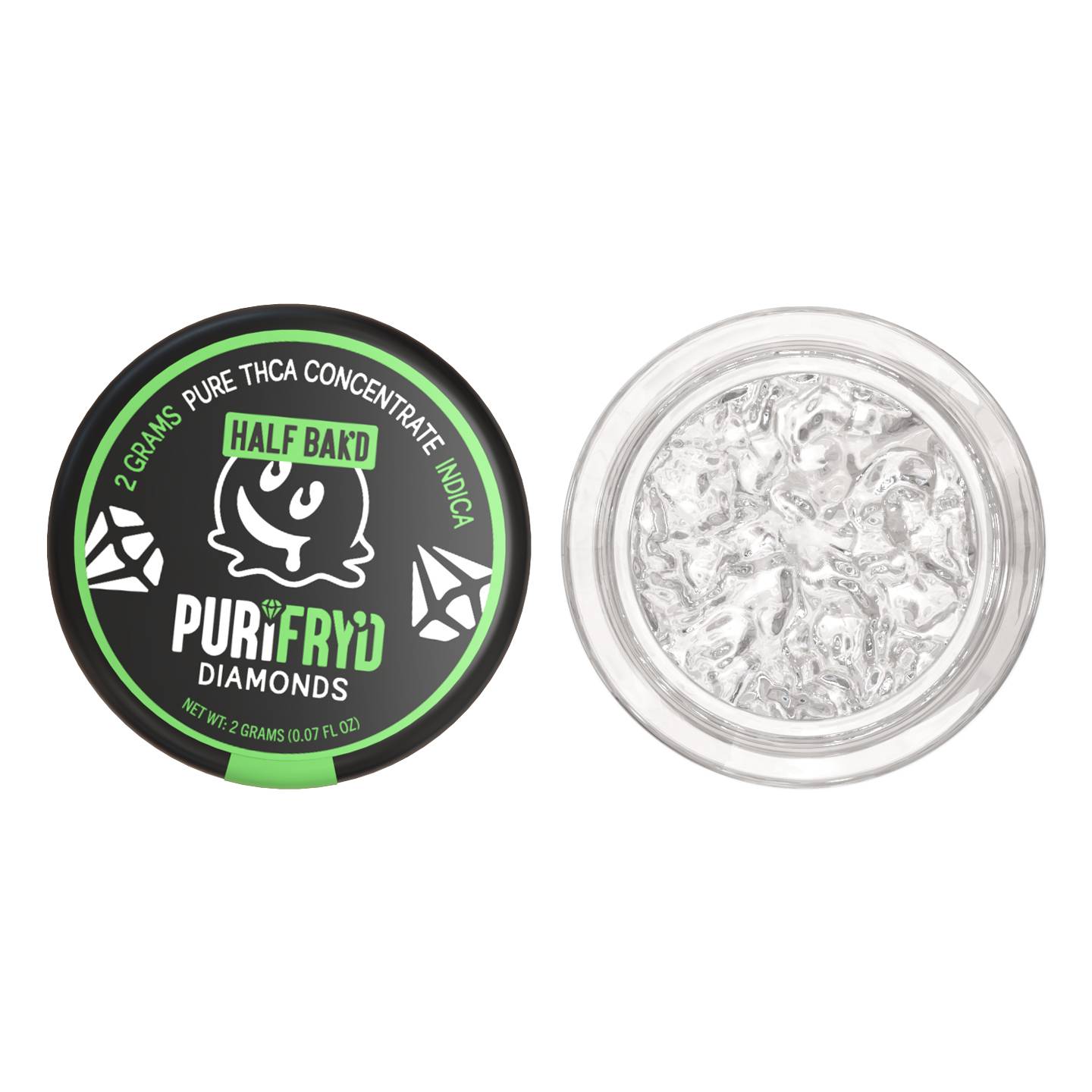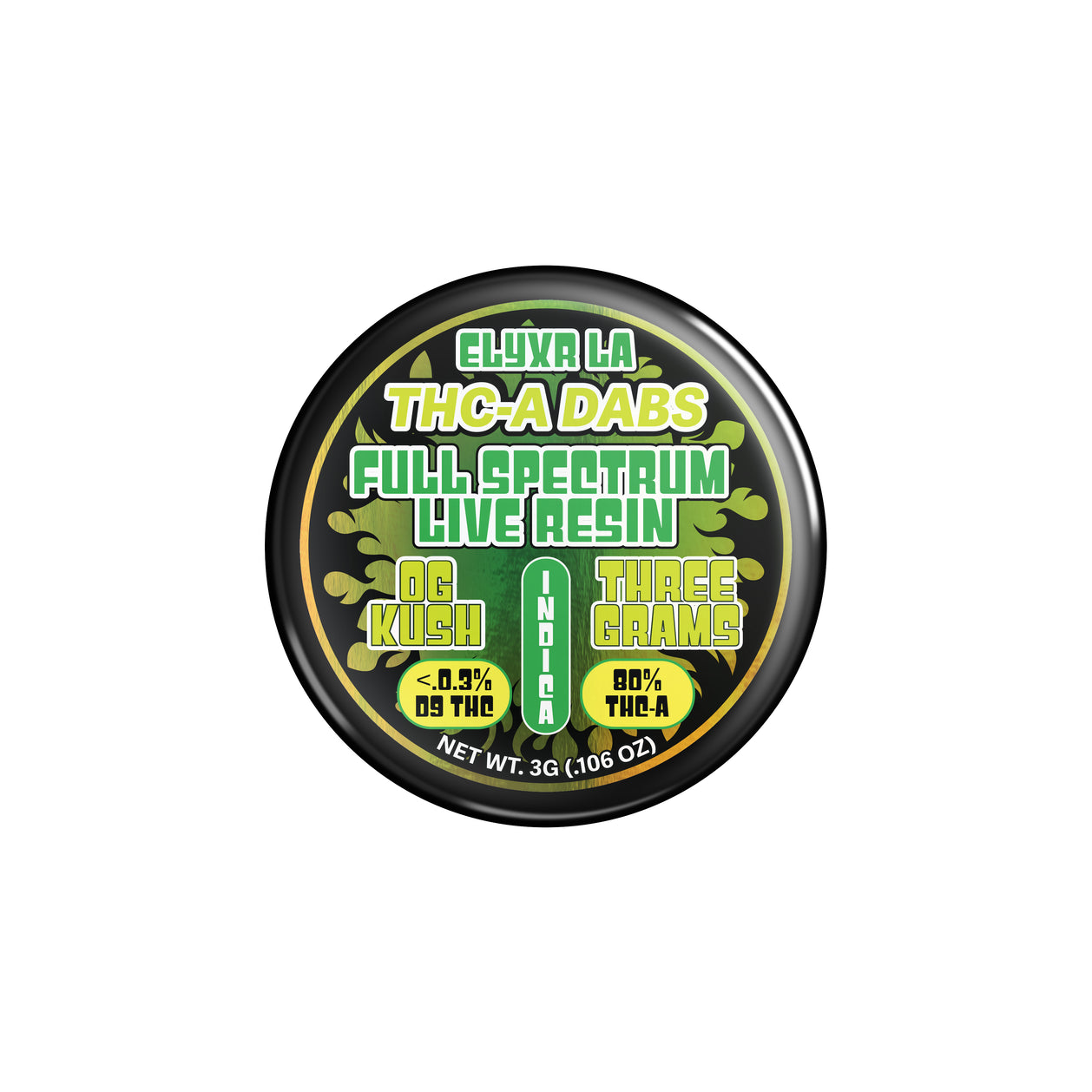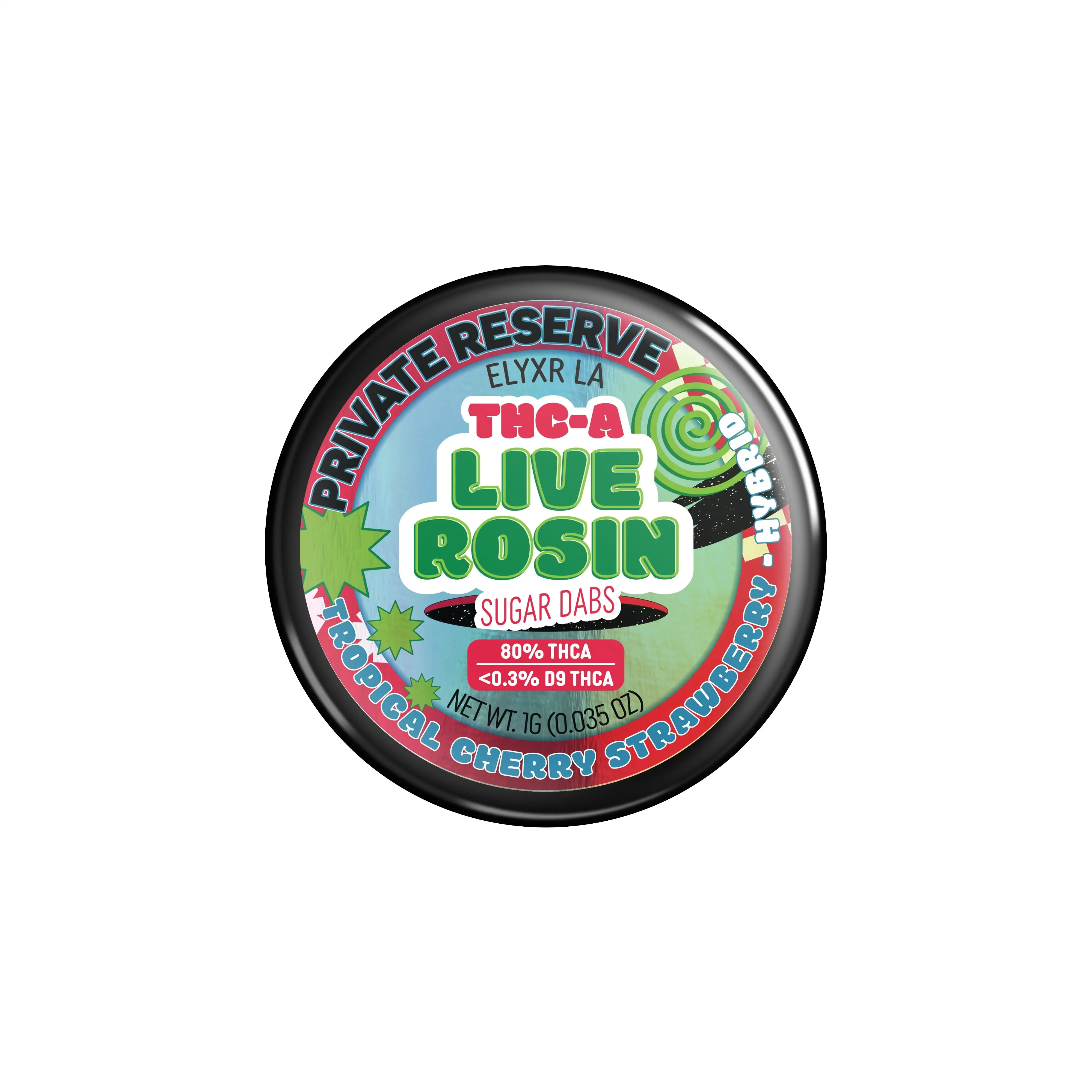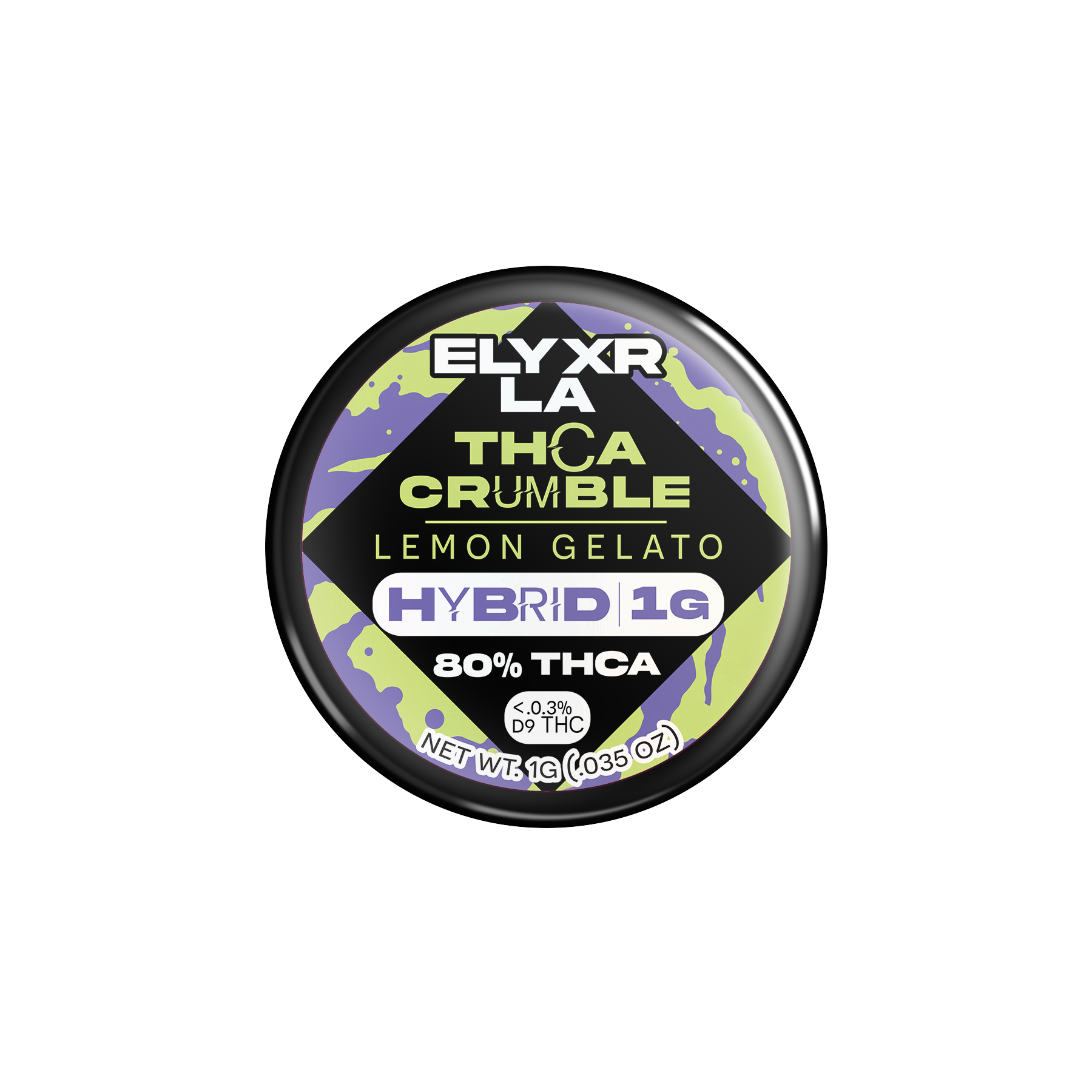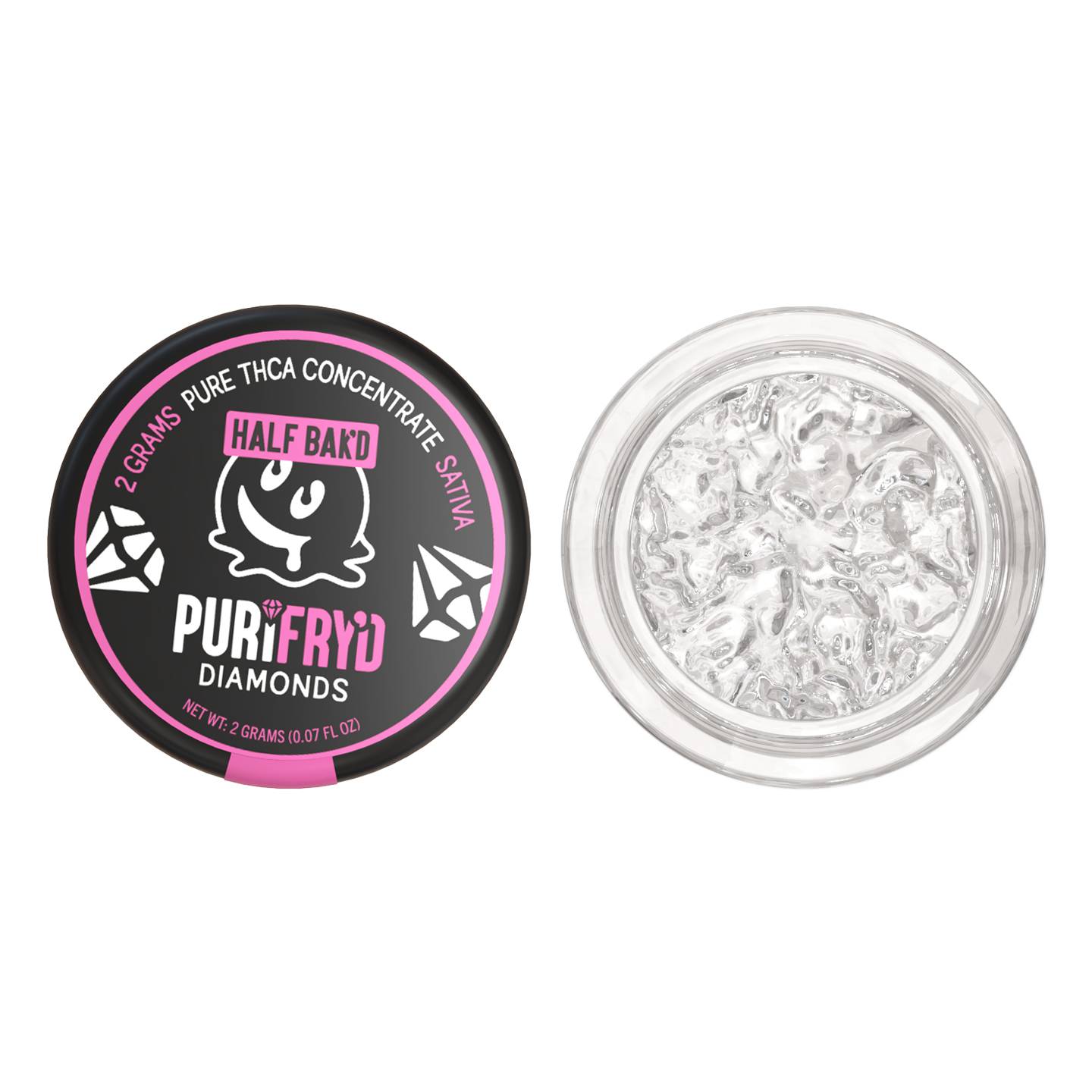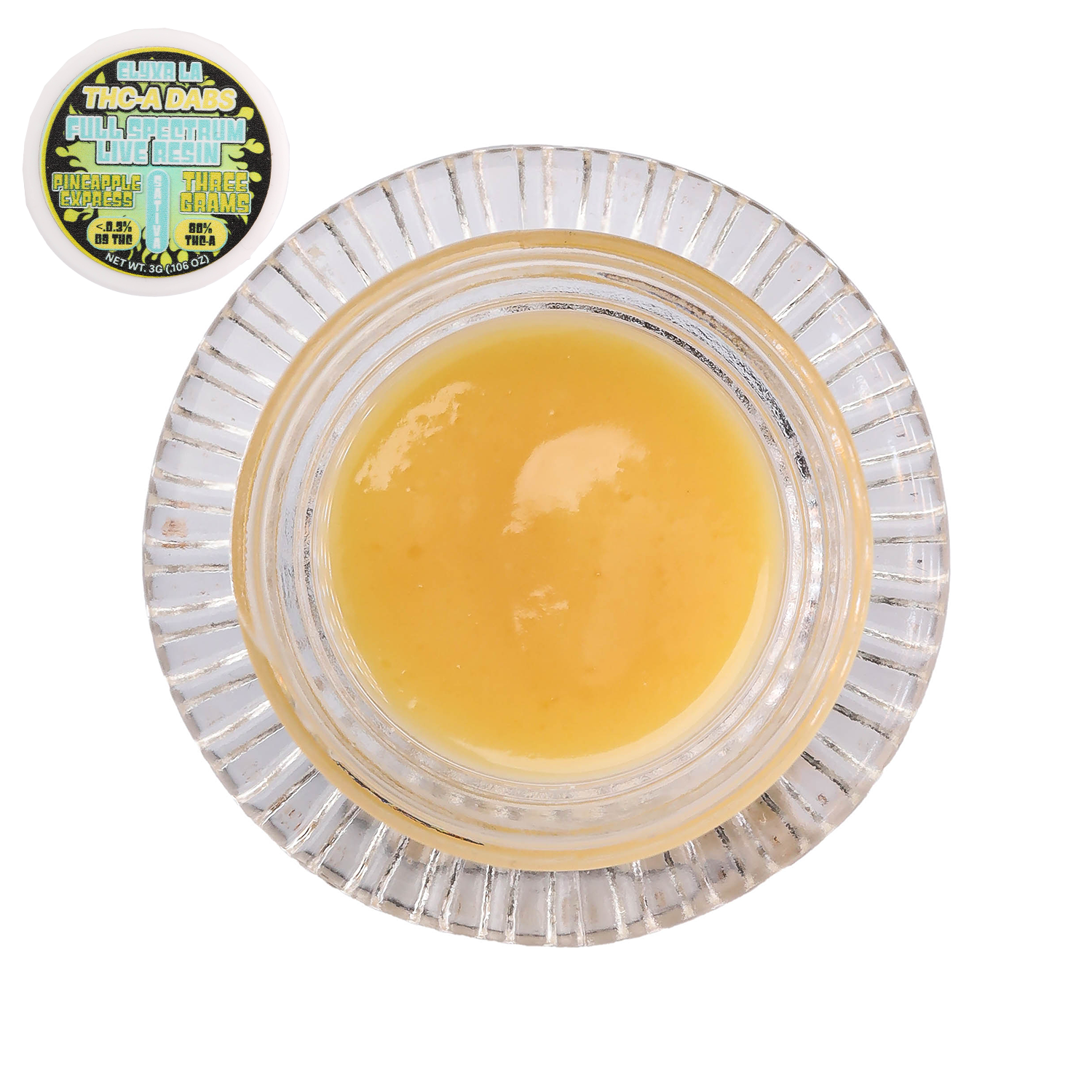In the ever-expanding world of cannabis and hemp innovation, two compounds have grabbed a lot of attention: Hexahydrocannabinol (HHC) and Delta‑9 Tetrahydrocannabinol (Delta 9 THC). When you hear folks debating “HHC vs Delta 9”, they’re comparing how these two cannabinoids stack up in terms of effects, chemical structure, legal status, and suitability for different users. Whether you’re curious about milder alternatives, or you’re a seasoned consumer exploring other hemp derived cannabinoids, this guide will walk you through the key differences—and help you decide which path might suit your goals.
We’ll look at how Delta 9 has long been the industry standard—thanks to its role in the cannabis plants universe and its powerful psychoactive effects—and how HHC is emerging as a milder alternative that’s derived differently, positioned in the hemp derived products market, and packaged with unique properties. We’ll dig into chemical makeup, how they interact with the body’s endocannabinoid system, therapeutic benefits (and risks), legality, and real-world product availability. By the end you’ll be able to make an informed decision whether HHC or Delta 9 is the better fit for you.
What Is HHC?
Let’s start with HHC. HHC is a synthetic cannabinoid (more precisely a semi-synthetic) that has gained popularity recently. While it occurs naturally in trace amounts in the hemp plant (a variety of the cannabis plant), most commercial HHC is created via a hydrogenation process — taking naturally derived cannabinoids, adding hydrogen atoms, and yielding a slightly altered molecule.
Unlike typical natural cannabinoids like Delta 9, HHC’s origin is more chemically handled, meaning it’s not just pulled straight from the plant in high amounts.
Users of HHC products (vapes, edibles, hhc gummies) often say that the high is more “balanced” or “clear-headed” compared to traditional THC. The appeal: similar to classic THC effects but with what feels like lighter intensity. HHC has been marketed in the hemp market as part of the growth of hemp derived cannabinoids, appealing to those who may find Delta 9’s potent psychoactive effects a bit much.
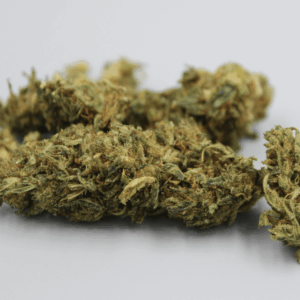
What Is Delta 9 THC?
Now for Delta 9: It’s often referred to simply as “THC” in the recreational cannabis world. Delta 9 THC is the main psychoactive compound in the cannabis plant — those same thousands of years of usage for recreation, medicine, culture. It’s what most people mean when they talk about “getting high.”
With Delta 9, you get a classic mix of euphoria, altered sensory perception, mood alteration, appetite stimulation, and sometimes high sedation or mental fog at higher doses. These are the potent psychoactive effects that have driven interest in cannabis products for decades, including pain relief, appetite stimulation, and stress management applications. When someone compares HHC vs Delta 9, they’re really comparing the “traditional THC high” vs something a little gentler.
How HHC and Delta 9 Are Made
Understanding manufacturing helps clarify differences. For Delta 9, it is often directly extracted from cannabis sativa or cannabis indica plants (the “marijuana” side of things) as a naturally occurring cannabinoid. The cannabis plant produces Delta 9 in moderate to high amounts, depending on strain and growth conditions.
HHC, by contrast, is produced through a process called hydrogenation, where hydrogen molecules are added to THC or other precursors (often hemp-derived) so that double bonds are removed and hydrogen atoms added.
Because of that, HHC may appear more stable (against oxidation) and isn’t naturally abundant in plants in usable amounts. It becomes part of the hemp derived cannabinoids family because many products start with hemp derived CBD or other hemp-based extracts and convert them to HHC.
The distinction: Delta 9 is largely plant-extracted; HHC is plant-derived at the first step (via hemp or cannabis plant) but then chemically altered. This influences how brands label them, how the molecules behave, and how regulators treat them.
Chemical Structure & Molecular Differences
When comparing “HHC vs Delta 9,” you’ll often see talk of chemical structure or molecular structure. Here’s a breakdown:
- Delta 9 THC has a double bond at the ninth carbon in its core ring structure.
- HHC lacks that double bond and instead has extra hydrogen atoms added to what would have been the double bond region. In effect, HHC’s structural variant is more “saturated” (like a hydrogenated oil vs an unsaturated oil).
Because of that, HHC’s molecular stability can differ (it may resist degradation better) and its binding affinity with cannabinoid receptors (CB1, CB2) may be slightly different. These seemingly small structural tweaks result in key differences in how the brain, nervous system and body respond to each.
Comparing Effects: How Do They Feel?
Let’s talk about how you feel when you use each. Despite structural differences, HHC and Delta 9 share psychoactive properties by interacting with the endocannabinoid system (particularly the CB1 receptor in the brain and nervous system). Both can deliver euphoria, relaxation, mood shift, creativity or sedation—depending on dose, individual body chemistry, method of use, and setting.
Here’s a rough comparison:
Delta 9 THC
- Often stronger high, known for deeper body buzz and mental effects.
- Can trigger cognitive impairment more readily (especially at higher doses).
- Some users experience anxiety or paranoia with high doses or low tolerance.
- Commonly used in cannabis products for relaxation, recreation, etc.
HHC
- Often described as a milder alternative — less intense than Delta 9 but stronger than some other cannabinoids (like Delta 8).
- Users may report clearer mind, less heavy sedation, fewer “foggy” moments.
- Because effects may be slightly less intense, HHC is being marketed for users who want a less daunting experience.
So if you compare “HHC vs Delta 9” from a feel perspective: Delta 9 is more likely to push you into deeper altered states; HHC offers a smoother ride with many of the same hallmarks but fewer extreme peaks.
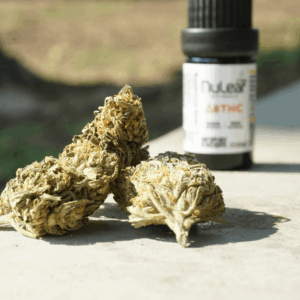
Potency – Which Hits Harder?
One of the biggest questions: “Which is stronger?” When you’re looking at HHC vs Delta 9 in terms of potency, the consensus is fairly clear: Delta 9 THC tends to be more potent. For example: HHC is often estimated at around 70–80% of the potency of Delta 9.
That means if you take equal milligram for milligram, Delta 9 may hit harder. But remember: dose, delivery method (gummies vs vapes vs flower), your body weight, metabolism, and tolerance all affect how “hard” it hits. Brands of hhc products may also blend other cannabinoids or terpenes, which can further alter the experience.
In summary: If you’re after full-throttle effects, Delta 9 remains the heavyweight champion; if you prefer something a little gentler, HHC may be your go-to.
Therapeutic Benefits: HHC vs Delta 9 for Wellness
Beyond recreation, many users are drawn to cannabinoids for potential therapeutic benefits. Delta 9 THC has been more widely studied and has demonstrated uses for pain relief, appetite stimulation, nausea reduction, and even sleep or stress management in clinical and anecdotal settings.
HHC, being newer and less researched, has a leaner data set. Anecdotal reports suggest it may offer mood elevation, relaxation, muscle ease, and mild pain relief—but we should emphasize that HHC’s research is still in early days. For those exploring other cannabinoids, the appeal is real.
If I break it down:
- Delta 9 THC: Stronger support for therapeutic uses; more robust literature; more experience.
- HHC: Promising, but you’re leaning on anecdote and early lab work; lower potency may suit daytime wellness or milder support.
In either case, always approach with mindfulness and verify you’re using hemp derived products (when appropriate) and following applicable local laws.
Side Effects & Safety Profile
When comparing HHC vs Delta 9, we can’t skip safety. Both are psychoactive substances, meaning they affect the mind and body in significant ways—and with that comes risk.
With Delta 9:
- The potent psychoactive effects can lead to cognitive impairment, memory fog, heightened anxiety or paranoia, increased heart rate, dry mouth, red eyes.
- Higher doses heighten risk of unwanted side effects.
- Because it’s a controlled substance in many jurisdictions (see next section), there may be legal risk as well.
With HHC:
- Anecdotal evidence suggests fewer negative side-effects at moderate doses. However:
- Long-term research is very limited.
- Because it’s often a semi-synthetic or derived via chemical process (hydrogenation), there may be issues around purity, residual solvents, and manufacturing quality.
- Users still report dry mouth, red eyes, dizziness, fatigue or sedation at higher doses.
Key safety tips for both:
- Start low, especially if you’re new or switching from Delta 9 to HHC (or vice versa).
- Be aware of your tolerance, body weight, other substances (like alcohol or medications).
- Don’t drive or operate heavy machinery.
- Check product sourcing, hemp products certificate of analysis (COAs), and ensure you’re buying from trustworthy brands.
Legal Status: Navigating HHC Legal and Delta 9 Legal
One of the trickiest parts in HHC vs Delta 9 is the question of legality. Let’s break it down carefully.
Delta 9 THC
Under federal law (in the U.S.), Delta 9 THC in high concentrations is a Schedule I controlled substance—meaning federally illegal in many contexts. However, the 2018 Farm Bill (and subsequent interpretations) permits hemp (defined as cannabis plants with less than 0.3% Delta 9 THC by dry weight) and their derivatives under certain circumstances.
Some hemp derived Delta 9 THC products claim compliance by staying under certain thresholds. But that doesn’t automatically make them legal in all states.
HHC
Because HHC is often marketed as hemp derived, many products claim to be federally legal under the agriculture improvement act (i.e., the Farm Bill). The logic: if you start with hemp, convert CBD (or other precursors) into HHC via hydrogenation, you’re offering a product derived from hemp. However:
- Some regulators dispute that synthetic or semi-synthetic cannabinoids may not qualify.
- State laws vary dramatically: some explicitly ban HHC or classify it differently. Always check local laws before purchase or use.
So, What’s the Takeaway?
- “Legal hemp” and “hemp derived products” are key phrases you’ll see.
- A product being labeled “hemp derived” doesn’t guarantee local legality.
- The label “hemp derived” doesn’t automatically mean safe manufacturing or quality.
- Always verify state law, read the product label, and ask for third-party lab results.
Drug Testing & Workplace Implications
Another practical concern when comparing HHC vs Delta 9: Drug tests. If you’re subject to workplace screening or important life obligations, this section matters.
- Delta 9 THC breaks down into metabolites that many standard drug tests detect (often looking for marijuana use).
- HHC’s interaction with standard drug tests is less documented, but early evidence suggests that HHC may still trigger a positive result (since many tests look for THC metabolite classes broadly).
- If you’re required to be clean for a job, legal protection, or license, assuming HHC is “safe” may be risky.
Recommendations:
- Always check your employer’s policy, state laws about drug screening, and assume caution.
- If you may be drug-tested, prioritize zero THC or approved products only.
- Don’t mix cannabinoids if you’re unsure about how they test or interact.
Product Availability & Market Trends
Availability is a practical dimension in HHC vs Delta 9. The market speaks loud.
- Delta 9 products (flower, edibles, concentrates) are broadly available in states with legal cannabis markets. You can find cannabis products in dispensaries, with full packaging and regulation.
- HHC products are booming in the hemp derived products market—they appear as hhc gummies, vapes, tinctures, etc. Some brands advertise high potency HHC blends to attract users who want a different feeling than traditional THC.
- Because HHC is newer, standards for manufacturing, dosage, labeling, and consumer education are less consistent than for Delta 9. That means uplift in availability, but also higher variability in quality.
If you’re shopping:
- Check for third party lab tests or independent labs certifying product potency and purity.
- Ask about manufacturing: residual solvents, hydrogenation process, other cannabinoids.
- Compare dosage, cost, and stated effect profiles.
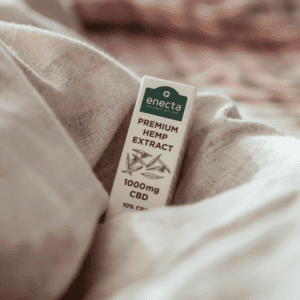
Choosing Between HHC and Delta 9: Which One Is Right for You?
After all that detail: how do you decide which path—HHC vs Delta 9—is right for you? It depends on your goals, experience level, tolerance, and risk comfort. Consider the following:
Choose Delta 9 THC if:
- You’re familiar with traditional cannabis and know how your body responds to strong psychoactive effects.
- You’re looking for maximum potency and are comfortable with deeper physical and mental effects.
- You’re in a state where Delta 9 is legal and you can access regulated dispensaries.
- You’re after known therapeutic benefits like pain relief, appetite stimulation, or heavy sedation.
Choose HHC if:
- You’re newer to cannabinoids or you’ve tried Delta 9 and found it too intense.
- You want a milder effects profile with more “daytime usability” or clearer mind.
- You live in a state with tighter Delta 9 regulations but HHC is available in legal-but-careful form.
- You’re attracted to the novelty of other hemp derived cannabinoids and want to experiment within the legal hemp market.
Practical checklist before purchase:
- Review legal status in your state (HHC legal? Delta 9 access?).
- Verify production: was it derived from the hemp plant, were hydrogen atoms used in processing (for HHC), and was the chemical composition disclosed?
- Ask for third party lab tests or lab reports verifying potency and purity.
- Consider dose and route (gummies, vapes, tinctures) and your body weight, tolerance, and metabolism.
- Start low, particularly if switching cannabinoids or trying a new product.
By aligning your choice with your experience, goals, and tolerance, you can navigate HHC vs Delta 9 in a smart way.
The Future of HHC and Delta 9 THC in the Cannabis Landscape
What lies ahead in the ongoing evolution of cannabinoids? As research grows, we expect both HHC and Delta 9 to change in status, availability, and perception.
- The scientific community is beginning to examine HHC more closely: animal studies show that certain HHC epimers might bind to CB1 receptors similarly to Delta 9. PMC
- Regulatory frameworks will likely shift. As more people compare “legal hemp” HHC and hemp-derived Delta 9, states may update policies, licensing, labeling, and consumer protection.
- We may see increasingly hybrid products that blend HHC with Delta 9 or other cannabinoids (entourage effect) to tailor effects, potency, and duration.
- Consumer preference may tilt toward “experience customization”: clear-headed vs heavy sedation; daytime vs nighttime; mild vs intense. HHC may carve a niche for those who want ≤ full strength, while Delta 9 remains the go-to for high potency cannabis sativa experiences.
In short: the cannabis plants world is moving fast, adoption of hemp derived cannabinoids is accelerating, and the distinction between HHC vs Delta 9 will become more nuanced as we learn more.

Conclusion – HHC vs Delta 9 THC: Different Paths, Same Destination
When you weigh HHC vs Delta 9, you’re comparing two cannabinoids that share many similarities (they both engage your body’s endocannabinoid system, produce psychoactive effects, and can be derived from hemp/cannabis plants) yet differ in potency, source, chemical structure, and legal status. Delta 9 remains the classic, potent, tried-and-true cannabinoid with established effects, therapeutic value, and regulatory history. HHC offers a milder alternative, emerging in the hemp derived products space, appealing to those seeking something less intense but still effective.
Your choice comes down to your tolerance, desired effect, experience level, and legal environment. Remember that regardless of which you pick, safety and informed consumption matter. Always check product sourcing, manufacturing quality, lab testing, and your local laws. Used well, both HHC and Delta 9 hold potential for relaxation, mood support, creativity, stress relief, and more.
Happy exploring. May your choice—whether HHC or Delta 9—align with your goals, keep you safe, and help you find the experience you’re looking for.
Frequently Asked Questions
1. Does HHC get you very high?
HHC can definitely produce a noticeable high, but it’s generally considered milder than Delta‑9 THC. Users often describe a mild euphoria with clear-headed effects, less sedation, and a smoother ride compared to traditional Delta‑9 highs. The intensity depends on factors like dose, your body weight, tolerance, and whether you consume it on an empty stomach or with food. Beginners should start low—around 5–10 mg of HHC—to gauge their personal response.
2. What is stronger, HHC or Delta-8?
HHC is generally stronger than Delta‑8 THC. While Delta‑8 is known for milder effects and a relaxed experience, HHC tends to produce a more potent effect and noticeable psychoactive impact. Users often say HHC sits somewhere between Delta‑8 and Delta‑9 in terms of intensity: smoother than Delta‑9 but more pronounced than Delta‑8.
3. Will I fail a drug test on HHC?
Yes, HHC can potentially cause you to fail a standard THC drug test. Most drug tests detect THC metabolites, and because HHC is a THC isomer, it can be flagged similarly to Delta‑9 THC. If passing a drug test is important, it’s safest to avoid HHC products altogether.
4. What is HHC supposed to do?
HHC is designed to provide the psychoactive effects of THC in a slightly milder, more balanced way. People use HHC for mild euphoria, relaxation, stress relief, mood enhancement, and sometimes pain relief. It interacts with the body’s endocannabinoid system, similar to other cannabinoids, offering effects that can feel comparable to traditional THC but without the often intense sedation or cognitive impairment associated with high doses of Delta‑9.




